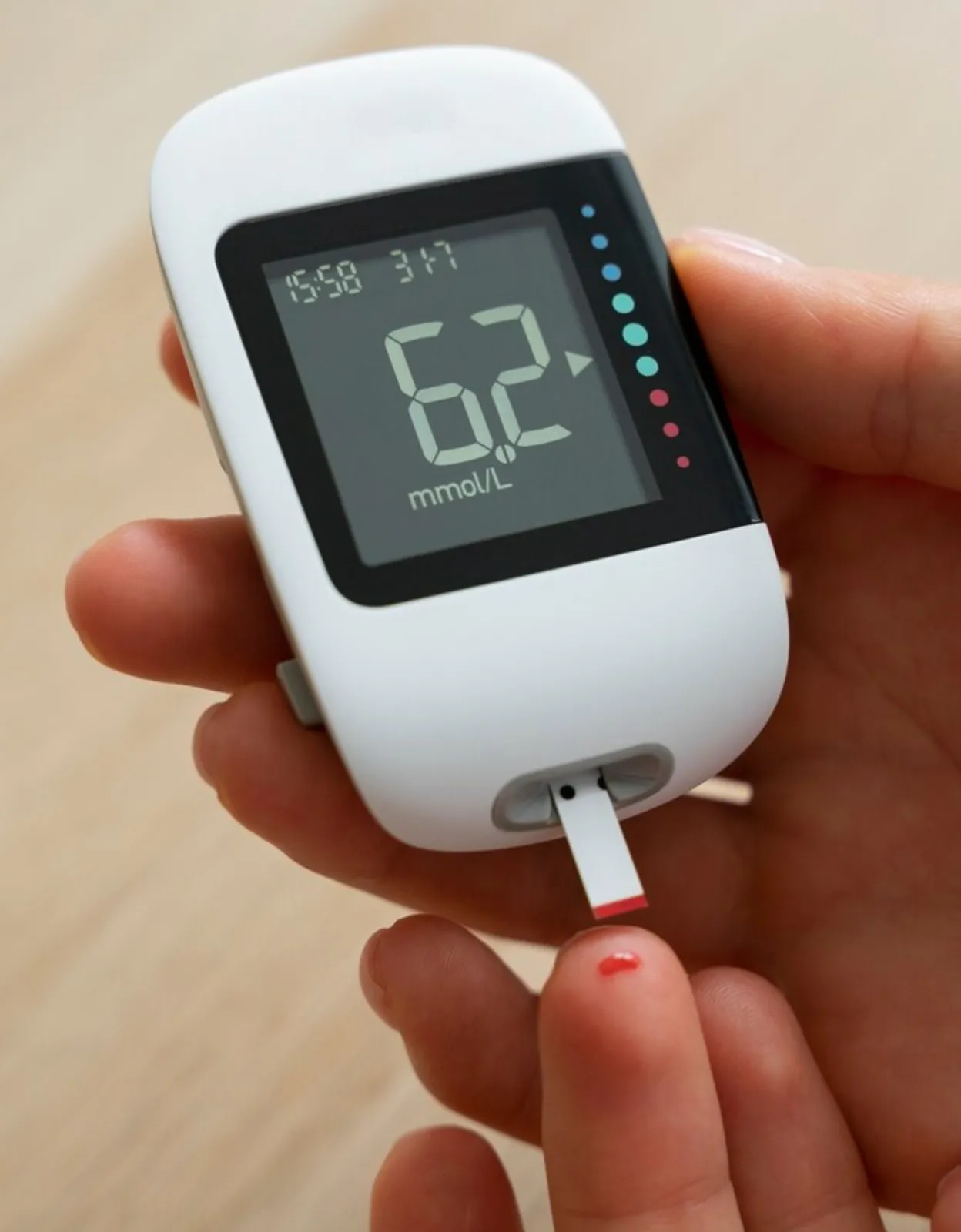19 Oct 2025
Recommended
Minimum 30 mins
Course
Access
Certification
Voiceover

Effective diabetes management hinges on a thorough understanding of insulin therapy, a cornerstone for maintaining glycaemic control and preventing complications. The Diabetes and Insulin Administration course is designed for healthcare professionals, providing a comprehensive overview of diabetes pathophysiology, insulin types, and their applications in clinical practice.
This course explores the principles of safe and effective insulin administration, addressing the pharmacokinetics of insulin, techniques for its delivery, and strategies to manage complications such as hypoglycaemia. The course also highlights the importance of blood glucose monitoring and developing personalised care plans aligned with UK clinical guidelines. Emphasis is placed on patient-centred care to empower individuals with diabetes, enhance adherence, and improve quality of life.
 £20
£20
Learning Outcomes.
By the end of this course,participants will be able:
To understand the pathophysiology of diabetes and its effects on overall health.
To identify the types of insulin, their clinical indications, and pharmacokinetic properties.
To comprehend best practices for safe and effective insulin administration using various devices.
To recognise and manage complications such as hypo- and hyperglycaemia through appropriate interventions.
To understand the critical role of blood glucose monitoring in achieving glycaemic control.
To apply knowledge of insulin therapy to create patient-centred care plans that adhere to UK guidelines.
Course
Contents.
01
Overview, diagnosis, risk factors, and pathophysiology of diabetes.
03
History, types of insulin, regimens, and their role in diabetes management.
05
Delivery methods, appropriate injection sites, and handling protocols.
08
Strategies to support patient understanding and adherence to insulin therapy.

06
Identification, prevention, and management of hypo- and hyperglycaemia.
09
Innovations such as insulin pumps and automated delivery systems.
02
Role of insulin, glucagon, and factors influencing glucose balance.
04
Clinical applications for Type 1 and Type 2 diabetes.
07
Importance of accurate record-keeping and interpreting HbA1c levels.
10
Tailoring approaches to individual patient needs within UK clinical frameworks.
This course equips healthcare professionals with the knowledge and skills necessary for effective and safe insulin administration, a key component of diabetes management. It emphasises the importance of understanding insulin pharmacology, managing complications, and supporting patients through education and personalised care. By adhering to UK guidelines, participants will enhance patient outcomes, fostering better glycaemic control and improved quality of life.
 Summary
Summary


